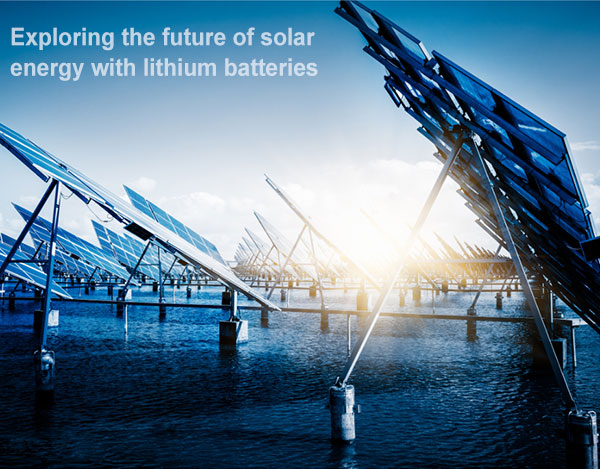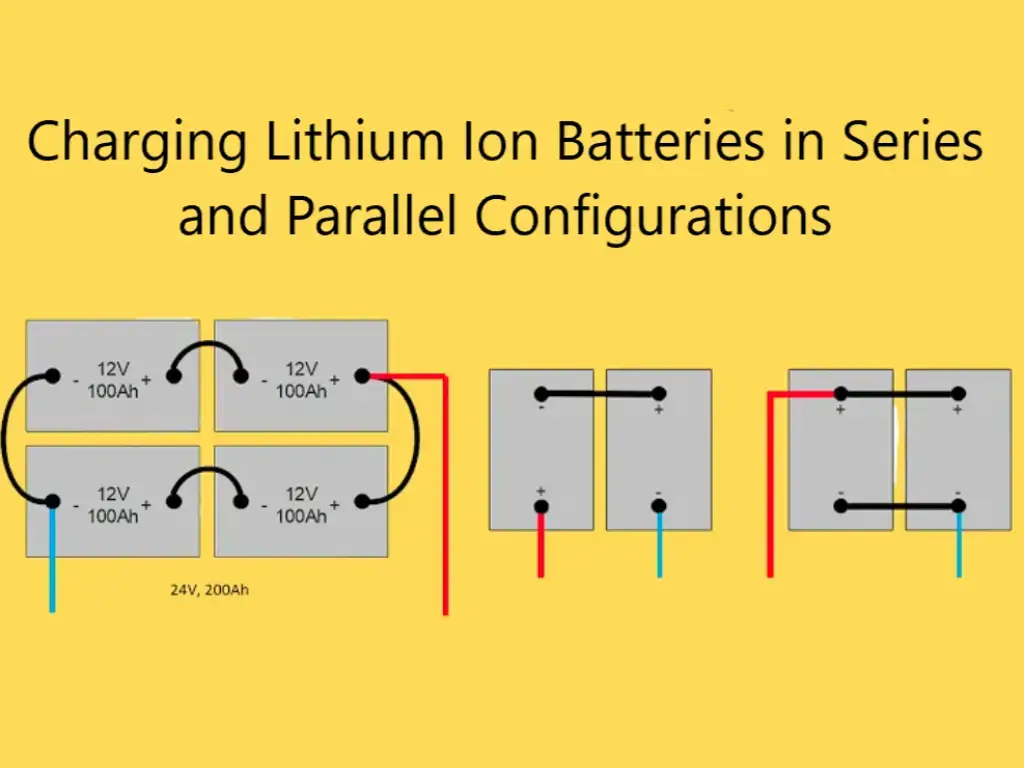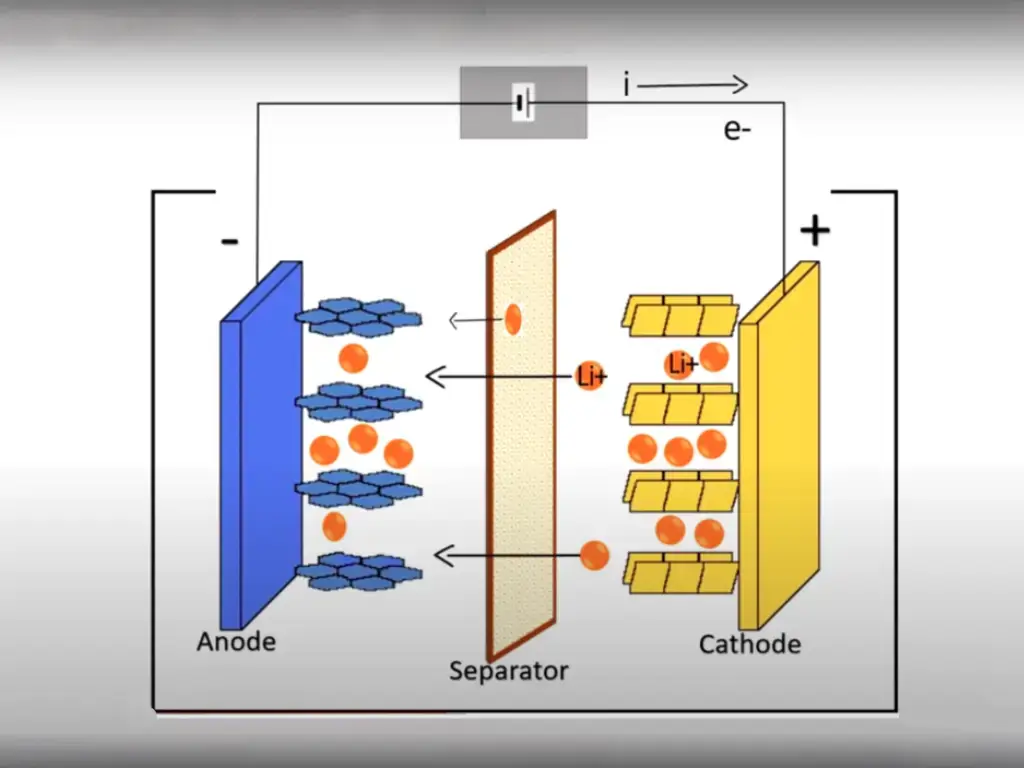
With the rise of solar power, let’s take a look at some of the key factors in choosing a solar lithium batteries.
Solar energy is now the second largest source of clean energy, after natural gas.
Solar is still cheap
Another factor contributing to the growing popularity of solar energy around the world comes from cheaply produced solar panels in China. Chinese solar companies are subsidized by the government, allowing them to produce half of the solar panels currently supplied globally. Their markdown prices and distribution methods help lower the cost of solar in the United States.
Big business invests in solar energy
The solar industry is growing rapidly in the United States and other developed countries, making it one of the fastest growing sectors compared to other energy industries.
Big companies like Amazon, Walmart, Coles and Costco are the biggest investors in solar right now. These businesses value cost savings and clean energy efficiency, so they have been adding solar panels to many buildings across the country.
How to choose an energy storage battery for your solar system
Once you decide to go solar, you should consult an expert to find out how many solar panels your home or business will need, and the total kilowatts the system will generate. Once you know the total power your solar system will produce, it’s time to choose a battery pack.
A good battery pack is at the heart of every solar system, without which it would be impossible to store the energy generated by the solar panels. This makes choosing the right battery technology crucial for maintaining power during off-peak production periods (when there is no sunlight).
How to choose a solar battery?
The difference between off-grid and grid-connected
Grid-connected: A power generation system that must be connected to the public grid, that is, solar power, home grids, and public grids are linked together and must rely on the existing grid to operate. The grid-connected photovoltaic power station has no electric energy storage device, and is directly converted into the voltage required by the national grid through the inverter.
Off-grid: Also known as an independent photovoltaic power station, a power generation system that operates independently of the grid. The electricity emitted by the solar panel directly flows into the battery and is stored. When it is necessary to supply power to the electrical appliance, the DC current in the battery is converted into 220V AC by the inverter. This is a repetitive cycle of charging and discharging. The system must be equipped with a battery.
Why choose an off-grid power supply system?
The off-grid power supply system is specially designed for use in areas without power grids or places with frequent power outages. It is a rigid demand. It relies on the working modes of “storage and use” and “first-storage and then-use” to provide users with “delivering charcoal in the snow” help and services.
The system operates independently without relying on the power grid and is not subject to geographical restrictions. It can be installed and used as long as there is sunlight. It is widely used in remote areas without power grids, isolated islands, fishing boats, communication base stations, street lamps and outdoor breeding bases. Emergency power generation equipment in power outage areas.
The role of energy storage batteries
In the photovoltaic off-grid system, the energy storage battery occupies the main part, and its main task is to store energy, ensure the stability of the system power, and ensure the load power consumption at night or in rainy days.
Energy storage function: The photovoltaic power generation time and the load power consumption time are not necessarily synchronized. The photovoltaic off-grid system can generate electricity only when there is sunlight. The power generation reaches the highest at noon, but the electricity demand is not high at noon, and many household off-grid power stations are in Electricity only at night. Therefore, the electricity generated during the day needs to be stored by the battery first, and then the electricity is released after the peak of electricity consumption.
Stable system power: Photovoltaic power and load power are not necessarily the same. Photovoltaic power generation is affected by radiation and is in a fluctuating state, and the load side is not very stable. The starting power is greater than the daily operating power of the load end. If the photovoltaic power generation end is directly connected to the load, it is easy to cause the system to be unstable and the voltage to fluctuate.
The energy storage battery is a power balance device at this time. When the photovoltaic power is greater than the load power, the controller sends the excess energy to the battery pack for storage. When the photovoltaic power cannot meet the load demand, the controller sends the battery power to the battery. towards the load.
Types and characteristics of energy storage batteries
The energy storage battery is indispensable in the off-grid system. The solar panel charges the energy storage battery through the controller, and the energy storage battery inverts the output for the user through the off-grid inverter. The energy storage battery is compared in the photovoltaic off-grid system. Commonly used are lead-acid gel batteries, ternary lithium batteries and lithium iron phosphate batteries.
The working principle of solar lithium batteries
The energy storage battery is an indispensable energy storage element in the solar photovoltaic power generation system. Its main function is to store the electrical energy of the photovoltaic power generation system to supply power to the load in the absence of sunlight, at night and in emergency situations. Commonly used energy storage batteries are lead-acid batteries, alkaline batteries, lithium batteries and supercapacitors, which are used in different occasions or products.
Lithium batteries are pollution-free, while lead-acid batteries are contaminated with the heavy metal lead. In addition, the service life of lead-acid batteries is very short, while the service life of lithium batteries is generally more than 10 years, and the service life of LED light sources is also 10 years. good match. If the solar street light uses lithium batteries, it can intelligently optimize the battery capacity, usage time, weather conditions and other factors according to the user’s needs. Reasonably configure the power level, realize light control, time control, storage and storage functions, and ensure continuous lighting for 10 days in rainy days.
The lithium battery has strong temperature adaptability and can work normally in the environment of -20°C – 60°C, even in the cold north -45°C environment, it can still work normally. The lithium battery of the lithium battery assembly equipment is a dry battery. It is a controllable and pollution-free energy storage battery. It is more stable and safer than lead-acid batteries. At present, lithium batteries can be widely used in solar street lights. This is also a revolution in the solar street light industry. We also need to work hard to develop the solar street light industry.




